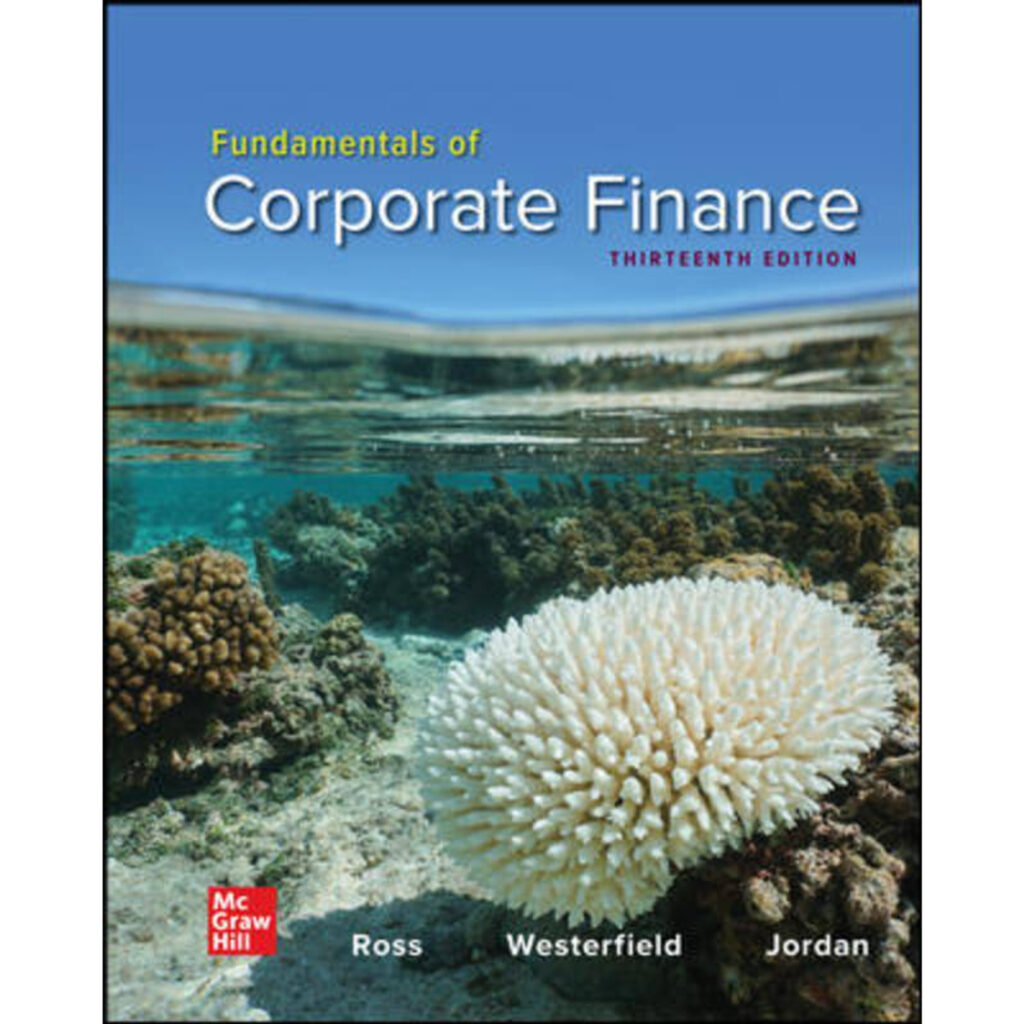Fundamentals of Corporate Finance
Corporate Finance Fundamentals Course
Recommended Text Books/References
By 11th Ed. Ross Westerfield Jordan

Chapter 1: Introduction to Finance
Chapter 2: Financial Statement, Taxes and Cash Flow
Chapter 3: Working on Financial Statements
Chapter 4: Long-Term Financial Planning and Growth
Chapter 5: Introduction To Valuation - Time Value Money
Chapter 6: Discounted Cash Flow Valuation
Chapter 7: Interest Rates And Bonds Valuation
Chapter 8 : Stock Valuation
Chapter 9: Net Present Value and Other Investment Criteria
Chapter 10: Making Capital Investment Decisions
Chapter 11: Project Analysis and Evaluation
Chapter 12: Some Lessons From Capital Market History
Chapter 13: Return, Risk and the Security Market Value
Chapter 14: Cost of Capital
Chapter 15: Raising Capital
Chapter 16: Financial Leverage & Capital Structure Strategy
Chapter 17: Financial Leverage & Capital Structure Strategy
Chapter 18: Short Term Finance and Planning
Chapter 19: Cash and Liquidity Management
Chapter 20: Credit and Inventory Management
Chapter 21: International Corporate Finance
Chapter 22: Behavioral Finance
Chapter 24: Options and Corporate Finance
Chapter 25: Option Valuation
Chapter 26: Merger and Equisition
Chapter 27: Leasing
By: 4th Ed. Berk/DeMarzo


